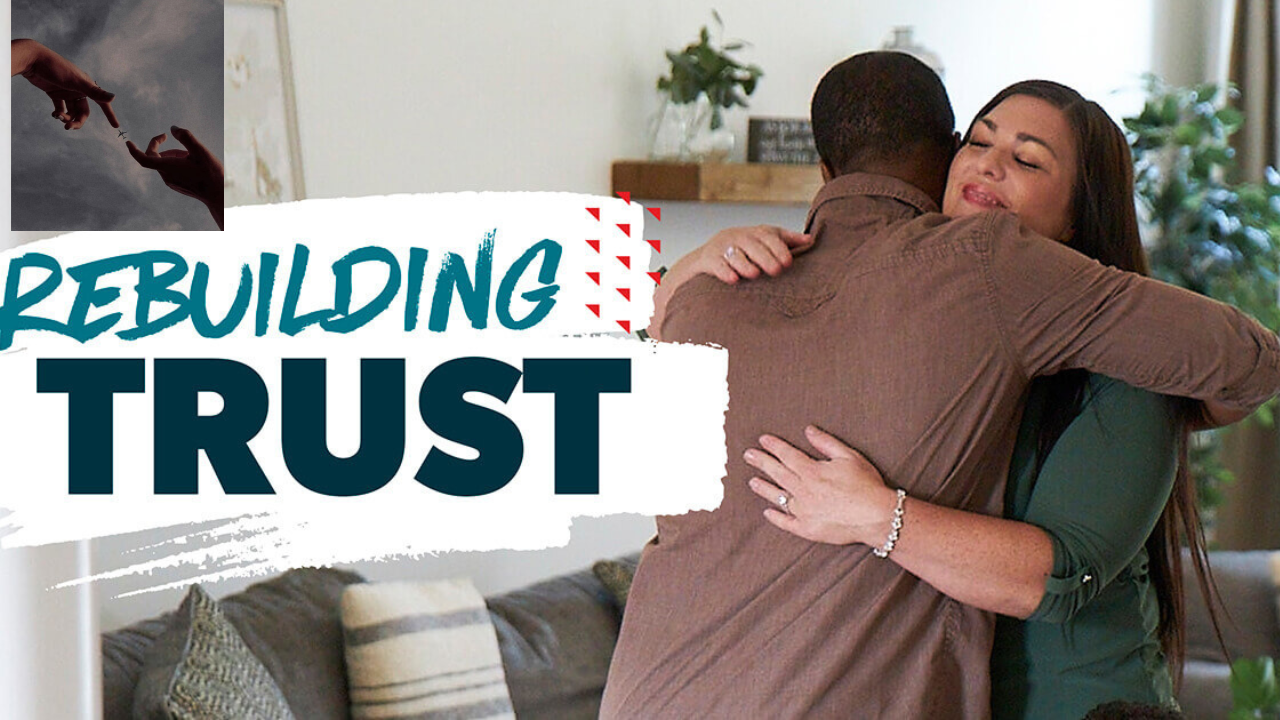Setting Boundaries in Relationships: A Key to Healthy Connections

In any relationship—whether romantic, familial, or platonic—boundaries are essential for fostering mutual respect, understanding, and emotional well-being. Setting clear boundaries not only protects individuals but also strengthens relationships by preventing misunderstandings and maintaining balance. Many people shy away from setting boundaries for fear of conflict, but healthy boundaries actually contribute to deeper, more trusting relationships. This article explores the importance of boundaries, how to establish them, and tips for maintaining them in various relationships.
What Are Boundaries in Relationships?
Boundaries are the limits we set for ourselves in relationships to ensure that we are treated with respect, and that our emotional, mental, and physical space is protected. They can be thought of as guidelines or rules that define what behaviors are acceptable and what behaviors cross a line. Boundaries are personal—they vary from person to person based on individual comfort levels, needs, and values.
There are several types of boundaries in relationships:
- Emotional Boundaries: Protect your emotional well-being. They help define how you share your feelings, how much emotional energy you give, and how much you receive from others.
- Physical Boundaries: Determine the personal space and physical interactions that feel comfortable to you. This includes touch, proximity, and physical privacy.
- Time Boundaries: Ensure that you manage your time effectively and protect it from overcommitment or burnout in relationships.
- Mental Boundaries: Involve respecting each other’s opinions, thoughts, and beliefs without forcing views on one another.
- Material Boundaries: Define how you share material possessions and finances, particularly in family or close relationships.
Why Are Boundaries Important?
Healthy boundaries are crucial for maintaining harmony in relationships. They provide clarity about each person’s role and responsibilities, and they prevent the resentment or tension that can arise when one person feels overburdened or disrespected. Here are a few key reasons boundaries matter:
- Promote Mutual Respect: Boundaries help each individual feel respected in the relationship. When you express your needs clearly and they are honored, it strengthens trust and understanding.
- Prevent Resentment: Without boundaries, you might feel overwhelmed by others’ demands or expectations. Over time, this can lead to frustration and resentment. Boundaries create a safeguard against such feelings by ensuring that your needs are met too.
- Reduce Conflict: Setting and communicating boundaries early on can prevent misunderstandings and reduce the frequency and intensity of conflicts. It gives both people clear guidelines on how to treat each other.
- Encourage Independence and Growth: Healthy relationships are built on interdependence, not codependence. Boundaries allow individuals to maintain their sense of self and independence, which is vital for personal growth and a strong relationship.
- Foster Emotional Well-being: Establishing boundaries helps protect your mental and emotional health by preventing emotional exhaustion and creating a sense of security within the relationship.
How to Establish Healthy Boundaries
Setting boundaries may feel uncomfortable at first, especially if you’re used to putting others’ needs before your own. However, with practice and consistency, it becomes easier to assert your needs respectfully. Here are steps to establish healthy boundaries in any relationship:
1. Identify Your Boundaries
Before you can communicate boundaries, you need to identify them. Reflect on past experiences that made you feel uncomfortable, stressed, or overextended. Ask yourself:
- When do I feel overwhelmed or taken advantage of?
- What makes me feel safe and respected?
- What do I need more (or less) of from this relationship?
2. Communicate Clearly and Directly
Once you’ve identified your boundaries, it’s important to communicate them to the other person. Be clear, concise, and assertive. Use “I” statements to express your needs, such as, “I need time to myself in the evenings,” or, “I feel uncomfortable when you raise your voice during an argument.” Avoid blaming or accusatory language, which can lead to defensiveness.
3. Be Consistent
After communicating your boundaries, it’s essential to be consistent in enforcing them. Inconsistency can send mixed signals and make it harder for others to respect your limits. For example, if you need personal space on weekends, stick to that plan, even if others push back.
4. Expect Pushback
When you start setting boundaries, some people may resist or test them, especially if they’re used to the old dynamic. This is natural, but it’s important to stay firm. Reaffirm your boundaries respectfully, and remind the other person that boundaries are a way to make the relationship healthier.
5. Practice Self-Care
Setting boundaries also means knowing when to say “no.” It’s okay to prioritize your own well-being, even if it means disappointing others. Taking care of yourself allows you to show up as the best version of yourself in your relationships.
Boundaries in Different Types of Relationships
Romantic Relationships
In romantic relationships, boundaries foster intimacy while ensuring that both partners maintain their individuality. Boundaries might include how much time you spend together, how you handle disagreements, or how you support each other emotionally. For example, it’s important to express when you need personal space, rather than assuming your partner will understand.
Family Relationships
Family dynamics can be complex, and boundaries are often blurred. However, setting boundaries with family members is essential to avoid feelings of guilt or obligation. For instance, you might need to set boundaries about how often you’re available to help with family responsibilities, or how much you share about your personal life.
Friendships
In friendships, boundaries help maintain balance and prevent one person from feeling drained. For example, it’s okay to say no to social invitations if you need time for yourself, or to ask for support when you’re going through a tough time. A true friend will respect your boundaries and not take them personally.
Tips for Maintaining Healthy Boundaries
- Check in with Yourself: Regularly assess whether your boundaries are being respected and if they need to be adjusted.
- Communicate Early: Don’t wait until you’re overwhelmed to set a boundary. Address it early to avoid misunderstandings.
- Be Open to Change: Boundaries may evolve as relationships grow. Be flexible and willing to revisit boundaries if needed.
- Respect Others’ Boundaries: Healthy relationships are built on mutual respect. Be mindful of the other person’s needs and boundaries as well.
Conclusion
Setting boundaries in relationships is an act of self-respect and a pathway to deeper, healthier connections. While it may feel challenging at first, boundaries create the foundation for a relationship where both individuals feel valued, understood, and respected. Whether in a romantic partnership, family, or friendship, clear and compassionate boundaries help maintain the balance necessary for a fulfilling and sustainable relationship.





One Comment